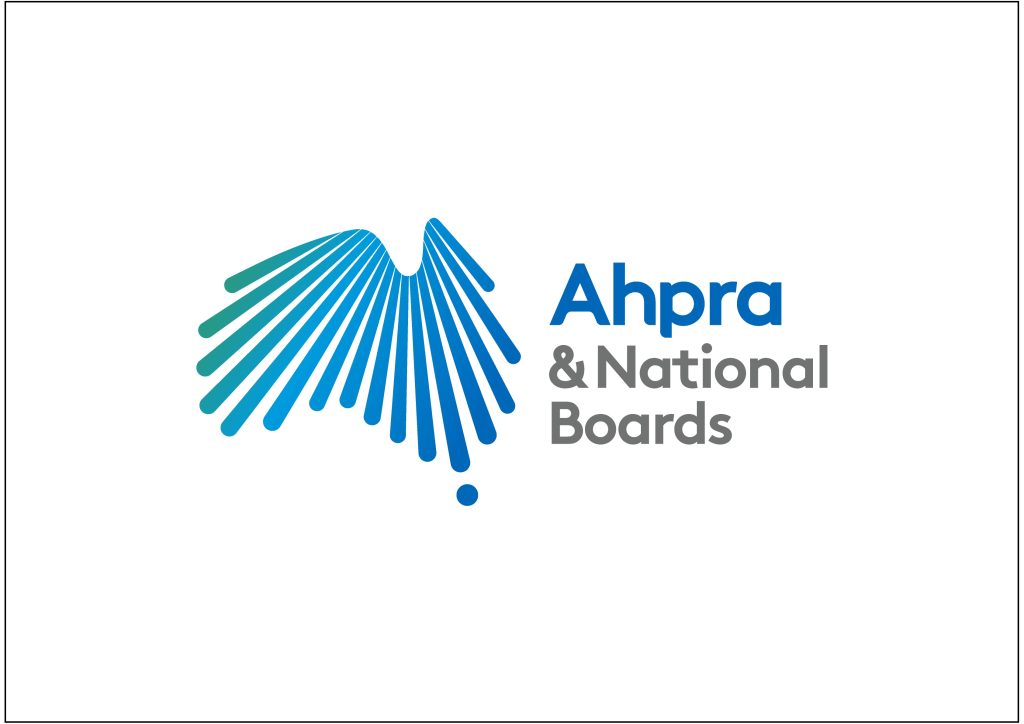Embracing Change: Understanding New Regulations for Cosmetic Surgery and non-surgical cosmetic procedures such as facial injectables, by AHPRA
In the world of cosmetic surgery, patient safety and well-being are paramount. As the demand for cosmetic procedures continues to rise, it becomes crucial for regulatory bodies to implement stringent guidelines to safeguard patients and maintain the highest standards of care.
In this vein, the Australian Health Practitioner Regulation Agency (AHPRA) has introduced new regulations for cosmetic surgery to ensure the utmost safety and accountability within the industry. Let’s explore these changes and understand their impact on the landscape of cosmetic procedures.
AHPRA’s Commitment to Patient Safety
The Australian Health Practitioner Regulation Agency (AHPRA) plays a pivotal role in regulating health practitioners and maintaining the integrity of the healthcare system. Recently, AHPRA has taken significant steps to address concerns related to cosmetic surgery practices across the country. These changes aim to enhance transparency, protect patients, and hold practitioners accountable for their actions.

Key Highlights of the New Regulations
1. Mandatory GP Referral and Consultation Requirements
To ensure that patients receive proper evaluation and guidance, a GP referral will now be mandatory for all individuals seeking consultation for cosmetic surgery. Additionally, patients are required to undergo a minimum of two consultations.
These measures aim to facilitate thorough assessments and informed decision-making processes, as patients receive expert medical opinions before proceeding with any surgical procedure.
2. Pre-Screening Assessment for Body Dysmorphic Disorder (BDD)
Body Dysmorphic Disorder (BDD) is a psychological condition where individuals have an excessive preoccupation with perceived flaws in their appearance. To protect patients who may suffer from BDD, a pre-screening assessment test will be conducted.
This evaluation ensures that patients receive appropriate care and counselling, guiding them towards suitable treatment options.
3. Cooling-Off Period and Informed Consent
Patient safety is further reinforced with the implementation of a cooling-off period of at least seven days after signing the consent form. This period allows patients ample time to consider their decision, consult loved ones, and seek additional information.
Moreover, a detailed informed consent document and process will be provided to patients, outlining the procedure, potential risks, expected outcomes, and alternative options. This ensures patients make well-informed choices, aligning their expectations with realistic outcomes.
4. Higher Standards in Training and Accredited Facilities
Doctors undertaking cosmetic surgery procedures are now required to meet higher standards in training and experience. Continual Professional Development (CPD) requirements will encourage practitioners to stay updated with the latest advancements and best practices.
Additionally, the use of accredited facilities for surgical procedures ensures that patients receive care in a safe and regulated environment.
5. Responsible Use of Medical Titles and Tougher Advertising Standards
To avoid confusion and misrepresentation, new rules govern the use of medical titles like “Surgeon.” This ensures that practitioners’ titles accurately reflect their qualifications.
Furthermore, the advertising standards for cosmetic surgery have been strengthened to prevent misleading claims and the glamorization of procedures, thereby promoting transparency and realistic expectations.
6. Comprehensive Patient Care
In the spirit of comprehensive patient care, doctors are now required to offer non-invasive alternatives when appropriate. This approach encourages the exploration of less invasive options before considering surgery. Moreover, doctors must provide post-operative care to support patients throughout their recovery journey.
7. Transparent Cost Disclosures
To empower patients with financial clarity, doctors must now present all upfront costs and any potential ongoing expenses for repeat work. Transparent cost disclosures enable patients to make financially informed decisions and avoid unexpected financial burdens.
The Positive Impact of the Regulations
AHPRA’s new regulations are a significant step forward in enhancing patient safety and accountability within the cosmetic surgery industry. These changes have several positive impacts:
Empowering Patients:
The cooling-off period and comprehensive informed consent enable patients to make well-informed decisions about their cosmetic procedures, leading to higher satisfaction rates.
Reducing Misleading Practices:
By curbing misleading advertising, patients can have more realistic expectations about the outcomes of their surgeries.
Enhancing Professional Standards:
The emphasis on specialist qualifications encourages practitioners to pursue continuous education and training, ultimately raising the bar for professional standards.
The new regulations for cosmetic surgery introduced by AHPRA are a significant stride towards elevating patient safety and care within the industry.
By mandating GP referrals, implementing cooling-off periods, promoting comprehensive informed consent, and enforcing higher standards in training, AHPRA has laid a robust foundation for ethical and responsible cosmetic surgery practices.
As patients become more informed and empowered, and doctors embrace these changes wholeheartedly, the cosmetic surgery landscape in Australia will continue to evolve in a way that prioritises patient well-being above all else.


